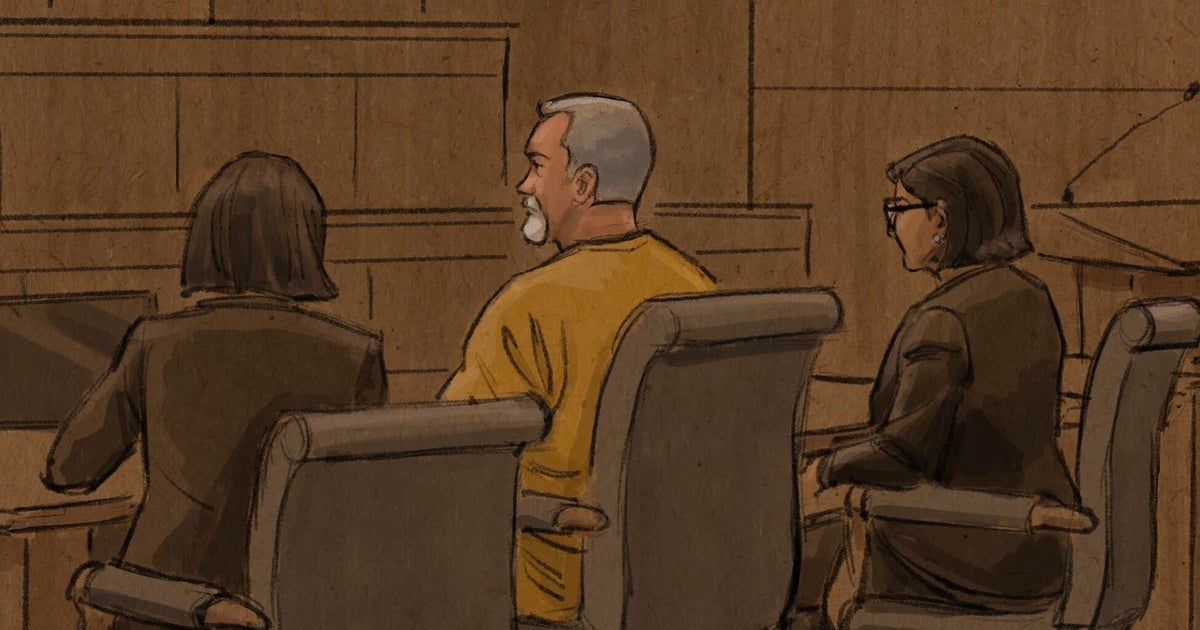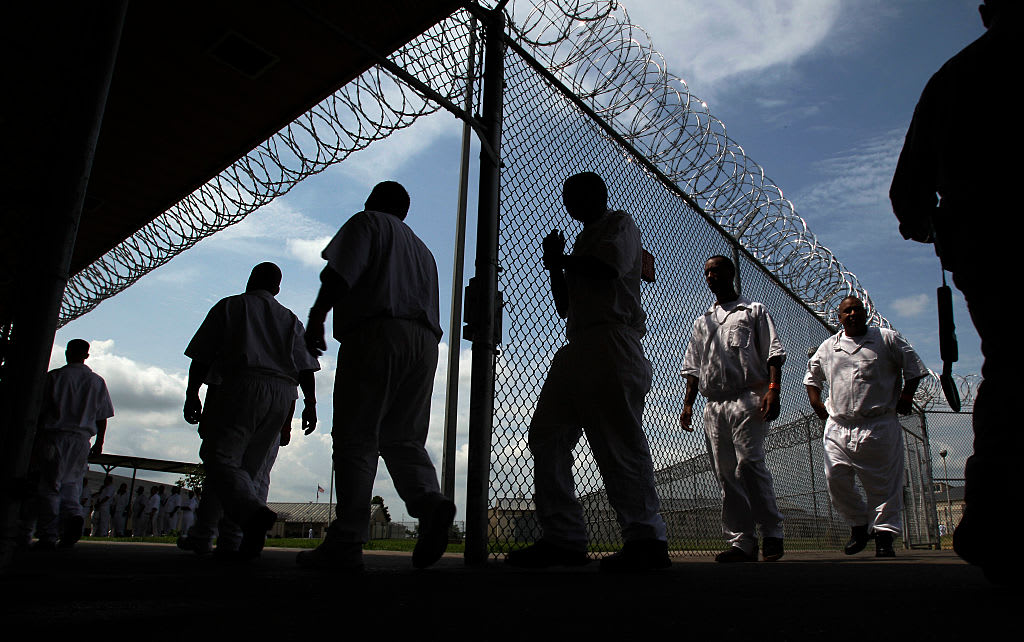Brendan Dassey, "Making a Murderer" subject, to be released, judge rules
MANITOWOC, Wisc. -- A federal judge ordered on Monday that Brendan Dassey, one of the subjects of the popular Netflix series “Making a Murderer,” be released from prison while state prosecutors appeal his overturned conviction, reports CBS affiliate WDJT. However, Wisconsin’s attorney general said he plans to file an emergency motion to block the release.
U.S. Magistrate Judge William Duffin in August overturned Dassey’s conviction in the 2005 murder of photographer Teresa Halbach in Manitowoc, Wisc. Dassey has been jailed for the murder along with his uncle Steven Avery. The state has appealed that ruling.
Avery was tried and convicted separately of first-degree intentional homicide.
Dassey was 16 when Halbach was killed after she went to the Avery family auto salvage yard to photograph some vehicles. He is now 27. Dassey confessed to helping Avery carry out the rape and murder of Halbach, but attorneys argued that the confession was coerced and that his constitutional rights were violated throughout the investigation.
The 10-part Netflix series raises questions about whether Avery and Dassey were wrongly convicted, spurring new scrutiny of the case nationally and prompting armchair sleuths to flood social media.
Attorney General Brad Schimel said in a statement Monday that he will file a motion with the 7th U.S. Circuit Court of Appeals to block Dassey’s conditional release. Duffin ordered Monday that Dassey should be supervised by probation officials and provide his intended residence by noon Tuesday. He would be barred from possessing weapons, using controlled substances and having any contact with his uncle Steven Avery, the station reports.
Avery made headlines in 2003 when he was released from prison after spending 18 years behind bars for a rape he didn’t commit. After being freed, he had a $36 million lawsuit pending against public officials when Halbach disappeared on Halloween 2005.
Authorities involved in the case have called the series biased, while the filmmakers have stood by their work.
Duffin ruled in August Dassey’s confession was involuntary because when investigators questioned him in March 2006, they used “deceptive interrogation tactics that overbore Dassey’s free will.”
The judge ruled Dassey’s borderline to below-average intellectual ability likely made him more susceptible to being coerced than someone with a higher ability. Court papers describe Dassey as a slow learner with poor grades and difficulty understanding some aspects of language. He was also described as extremely introverted and poor at picking up on communications such as body language and tone.




